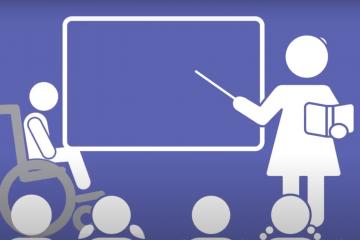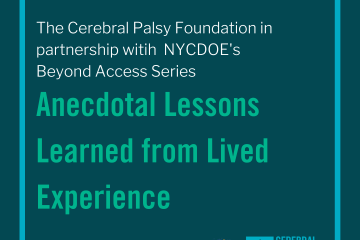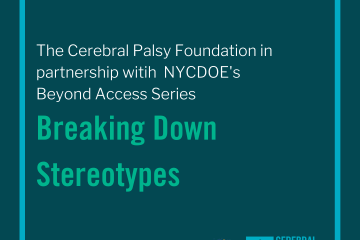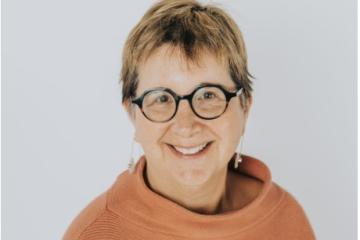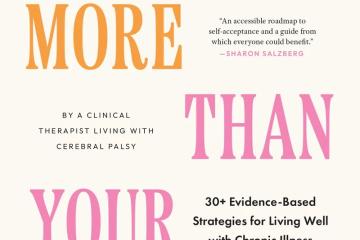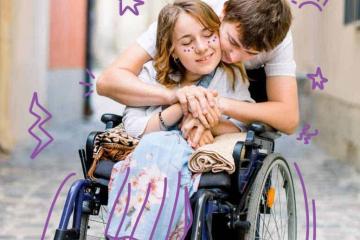How I’ve Learned to Celebrate My Late Birth Mother
Saturdays were special as a kid growing up in Port Washington, New York. Saturdays meant Burger King outings with my grandparents, a great big slice of trade-marked Hershey’s chocolate pie for me and piping hot oatmeal for them. And we can’t forget about the Kids Meal toys. But on this particular Saturday, everything was different - at the tender age of five, I started to notice that certain aspects of my life were just off. Precocious as I was, I was determined to be shown, not told. Who would have guessed that Burger King would be the place where I would have my first existential crisis before I knew what existentialism meant (which took me until my junior year of high school to thoroughly learn the concept of – a special thanks to Fight Club).
While eating my chocolate pie and playing with my Powerpuff Girls toy, I noticed a woman behind us reaching for my grandma’s wallet. My grandparents had just cashed in, what I later realized was their social security check (no, I wasn’t a kid genius), and this woman, this thief, was going to take all of it. I opened my mouth to warn them. What came out was far from a complete sentence, but rather a smattering cacophony of nonsensical sounds. I pulled on grandma’s sweater, screaming for her attention, but she brushed me off, even going so far as to scold me for interrupting her conversation with my grandpa. I pointed; I exclaimed; I wailed. I never knew that something so loud could be so incredibly silent. It is as if I was trapped inside a sound-proofed box. For all it was worth, I should have just saved my breath. Steadfastly ignored, I resigned to just being the only eyewitness to grand larceny.
My grandparents raised me to believe that I was just like everyone else, but it just didn’t add up. In my head, my voice sounded like the voices of the Powerpuff Girls: articulate, clear, and normal (but not as high-pitched as Buttercup). But the perplexed looks on everyone else’s face said otherwise. It was then that I realized that there was a disconnect between my mind and my body. My mouth, tongue, and vocal cords physically couldn’t convey my simplest thoughts. This disconnect between my mind and my tongue, although somewhat fascinating (at least to a five-year-old, who was just finding out her world is not what she thought it was, at all), controlled the way I saw my placement in the world and the way others fitted me in their own worlds, and there existed another disconnection.
Ever since that moment, I became acutely aware of how different I was from my friends and family. I’d like to say that my maturity and comprehension were far more advanced than other kids my age, but this just didn’t make sense to me at all. I then noticed kids were jumping and running in the playroom adjacent to the restaurant, while I was trapped in my stroller, watching them from afar. I tried to get up, but my legs just didn’t receive the signals from my brain to move. Why am I like this? Why am I so different? I just couldn’t wrap my head around any of these speculations, and just continued to cry out of frustration and desperation. On the list of words that I did not know, there were cerebral and palsy. It would be another three years until I even heard of those words, and yet another year to hear them together.
After I had calmed down and stopped crying, I realized that I was different in more ways than just one. Even without a cursory glance, I knew that out of all the kids in the restaurant, I was the only one there without my mom and my dad. Just as Adam and Eve learned to question the world, so did I. I took an enormous bite of reality and walked away, brimming with questions. Sure, I knew my dad was busy with work in the city. But why did I call grandma “mom”? If grandma was dad’s mom, she couldn’t be my “mom” too (I could come to this logical conclusion based on the lesson about family structures I learned in nursery school). And if she was my “mom,” then shouldn’t grandpa be my “dad”? Who was my mom, and how did I come to exist in this world? If I had a mom, then where in the world was she? I had never felt so confused in my five years of living. The carpet ripped out from underneath me, and to say that I was ill-equipped to handle these revelations was a gross understatement.
But this was but a taste of what was to come. The frustration, confusion, and grief I felt were only going to continue to rehash itself as the years went on. Fast forward thirteen years, I am aware of the nature of my disability, and my vocabulary has vastly prospered (which at the time was filled with trivial SAT words that I’d never use again). Yet again, I found myself on the verge of another existential crisis, but this time, I knew what existentialism meant. When I was sending in documentation to register for accommodations at Barnard’s Office for Disability Services, I saw my mom’s name in print for the first time. Ever. In the pile of documents that were related to my cerebral palsy, was an official report for my mother’s death. The autopsy report stated that Soon Rye Kim suffered from a seizure, which a result of an amniotic fluid embolism during labor.
The doctors failed to perform a timely cesarean section that could have saved both of us – my mother died. I ended up with cerebral palsy as a result of the hypoxia (which I already knew from overhearing my dad explaining to my doctors and teachers over the years). I felt all of the earth’s weight on my shoulders, and my heart began to ache. Soon Rye Kim - it took me eighteen years to find out the name of the woman who brought me into this world. I had asked my dad about my birth mother when I was ten before he married his second wife. But he answered only in silence – I have never seen my dad so solemn, and from that moment on, I understood that my birth mom was not for a topic of discussion in the house. So, I went on eight more years not knowing my identity – soul searching, but answers nowhere to be found. This doesn’t even do justice in explaining how important it was to have the autopsy report in my hands – to know what her name was finally.
I finally felt consolidated. I now know who to grieve for, and to whom I owe my life to. I am finding more of myself whenever that name rings my ear, and now that mystery phantom that had been lingering in my life finally has a name: Soon Rye Kim.
To this day, my life has been a constant unraveling of the truth by small increments. This has taught me that there is truly nothing in life to be taken for granted, not even the basic knowledge like the name of your birth mother. As I move forward in life, I am continuously discovering new things about my mother through rediscovering myself. I owe it to my future children to continue finding information about my mother so that when they ask me where they’re from, I will have answers. I can only hope that one day I will be able to manifest the spirit of my mother that lives within me and to use that energy to nurture my children the way my mother would have if she were still here.
My birthday usually falls a week before Mother’s Day, which makes the connection I have to my birth mother even stronger. I no longer negatively associate my cerebral palsy to her death. Instead, I see the obstacles that I face as her way of teaching me valuable life lessons that no one else could teach me and keeping me grounded on my two left feet.
Not only are Saturdays special, but rather every day is unique, even without Hershey’s chocolate pies and Kid Meal toys. I try to treasure each day like it’s a rare gem – I am here today at the cost of my mother’s life, and I cannot ruin the blessing she has given me.

